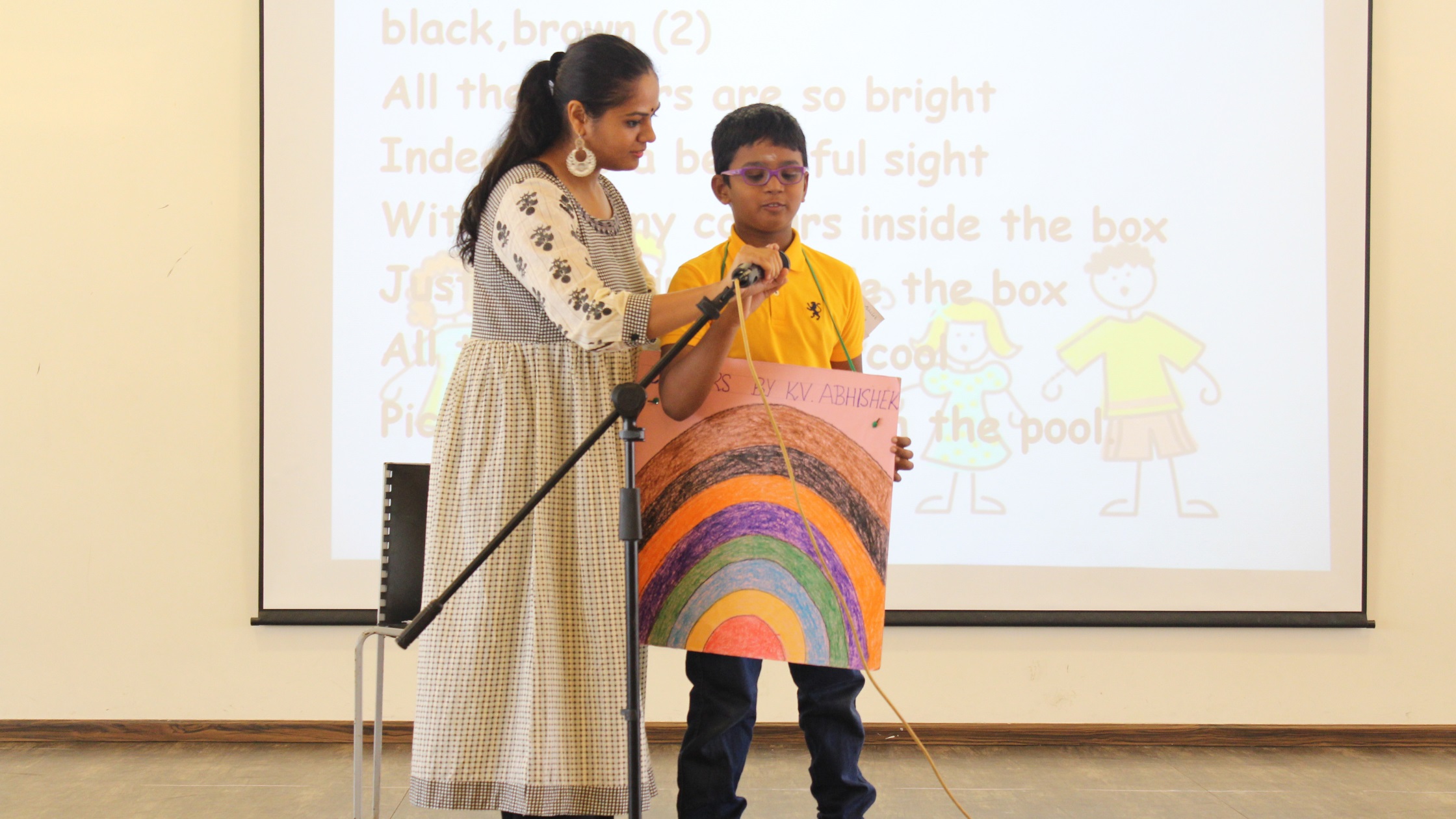

Nurturing social skills in
special education students is essential for their overall development and
success in both academic and real-life settings. Students with special needs
often face different challenges, such as autism, ADHD, or learning disabilities, these challenges are found to impact their ability to
interact with peers and adults effectively. Social skills development in
special education students is crucial for their overall well-being and future
independence.
A personalized IEP has to be developed
that includes specific social skill goals tailored to the student’s needs
and abilities. An IEP also helps to monitor progress and we can also make adjustments
to the plan if and whenever needed.
Providing clear instructions in various situations for different social
skills such as initiating conversations, making eye contact, active
listening and respecting personal space. The social skills are reinforced and taught using
structured lessons, role playing and visual aids.
Using of visual aids, social stories, social cue cards and visual
reminders to help students understand and remember appropriate
behaviours in various social situations.
Arranging and planning small group activities where students can
practice their social skills in a supportive environment in different
scenarios.
Students have to be encouraged to
interact with their peers to promote peer learning and social
interaction.
Pairing the child with special needs with a neurotypical peer who will
serve as a positive role model, and also can help demonstrate
appropriate social behaviours and provide support and encouragement to the student with special
needs.
6. Reinforcement and Positive Feedback:
Offer praise and positive reinforcement when students exhibit the
desired social behaviours.
Creating a reward system to motivate the student and to recognize their
progress. It acts as a form of motivation for the desired social
behaviours.
Using social stories to explain different social situations, the
expected behaviours and the potential consequences. Social stories help
students better understand and navigate social interactions.
Providing students with opportunities to practice their social skills in
real-life settings, such as community outings, field trips, picnics etc.
This helps in generalizing the social skills beyond the classroom.
Address speech and language difficulties in the students, if present, as
they can impact social interactions significantly. Hence, it is
then important to work with the speech and language therapists to improve their communication
abilities.
Teaching the students different strategies
to manage their emotions like, deep breathing exercise, practicing
mindfulness and self-regulation techniques. It helps the students recognize their own
and other’s emotions.
Foster and promote an inclusive classroom environment where
students of all abilities are encouraged to interact. It helps to
promote understanding and empathy among neurotypical students towards their peers with
special needs.
Collaborate with the parents and caregivers to reinforce the social
skills development at home and in the community as well. Providing the
resources, strategies used on school setup for them to support their child’s progress at home as well.
13. Ongoing Assessment:
Continuously assessing and evaluating a student’s progress in social
skills development, and making adjustments to the teaching strategies as and when required.
If the students are having any
emotional or behavioural challenges, the same is to be addressed and further
provided with counselling to provide support and strategies to work around
these challenges and further help in enhancing the social skills.
Promoting social skills
development in special education students requires a holistic and
individualized approach. Collaboration of special educators, specialists, therapists and parents is essential to ensure a well-rounded support
system that addresses the unique needs of each student.
Patience, consistency and supportive and inclusive environment are key components for successful social skills development in students with special needs.